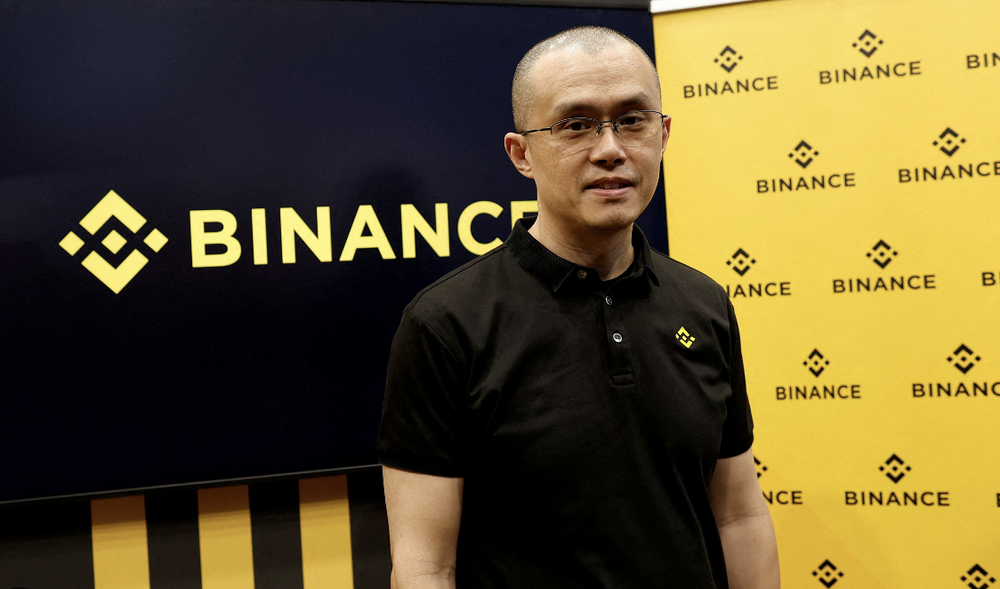Bitcoin developer: 21 million supply cap is a "religious" belief, we may implement a hard fork of inflation
According to Trustnodes reported on February 24, Peter Todd, the main advocate of Bitcoin's 1MB block, said that the 21 million supply limit for Bitcoin "is actually just a" religious "belief.

Image source: pixabay
He said:
- Read the Bitcoin Lightning Network Mechanism, Progress and Challenges in One Article
- Application of DAO: DAO of Art
- Bitcoin's Secret History: How Much Bitcoin Satoshi has
"The 21 million bitcoin supply cap is actually just a 'religious' belief. Anyone with an economic mind knows that our inflation rate is indeed high, but this is also good, between 0% and 0.5%. The difference is as trivial as it sounds.
We have reason to believe that the bitcoin transaction fee 'market' may develop. But this is far from certain, and it is certainly risky to stake the future of Bitcoin on it, especially if our transaction fees really have a 'market', a game theory of 'mining only transaction fees' It is also untested at best. "
As you may know, the "market" of bitcoin transaction fees is an idea that Peter Todd publicly advertised first. He believes that the block size should be small, and it is best to keep it at 1MB, so that users have to pay more to miners. transaction fee. He also believes that a transaction can contain up to $ 1,000 or $ 10,000.
Between 2015 and 2017, the crypto community had a large-scale public debate on this issue. To sum it up: The party that opposes Todd thinks that fewer transactions and more expensive transactions are more advantageous for paying miner rewards, while the other party believes that more transactions with lower fees are more meaningful.
Todd's side won the promise of "eat the cake and own the cake." The Lightning Network will bear these small fee transactions, while the large fee transactions are left to the Bitcoin blockchain.
The Lightning Network has been running for two years, and everyone has concluded that this is not an effective solution, including Christian Decker, a Blockstream researcher and co-author of the Lightning Network paper. He stated in the paper:
"Further examination of the resilience of the Bitcoin Lightning Network shows that deleting the central node will cause the network to crash into many components, and this evidence suggests that this network may be the target of so-called split attacks."
Todd was not referring to the Lightning Network. He even ignored one of the main arguments against increasing the block size was the risk of a hard fork. Instead, he said "if we really need to, 'we' can implement a hard fork on inflation 'in the future", but he did not say who the "us" is.
However, an employee of Blockstream retweeted his statement. This is not the first time Todd has proposed a proposal for bitcoin inflation. Last year, he hinted that he might conduct a multi-year publicity campaign to remove the supply limit of 21 million bitcoins.
Why did he do this? Is it because he signed a contract with a bank and is consulting with the bank, and then stopped working on bitcoin development? This is not clear at this time. But for bitcoin holders, increasing bitcoin capacity will be a more acceptable solution than depreciating the bitcoin they hold, as the "bank employee" suggested.
We will continue to update Blocking; if you have any questions or suggestions, please contact us!
Was this article helpful?
93 out of 132 found this helpful
Related articles
- bZx revelation: What should Oracle oracles need for DeFi?
- Analysis report check the latest chip distribution of major currencies
- New indicators added to technical analysis? Twitter can also predict coin prices and transaction volumes
- Data Analysis | Exchange Risk, Exchange Capital Reserve and Platform Coin Valuation Geometry
- Viewpoint: Are traditional valuation methods really effective? (under)
- Ethereum 2.0 storage contract UI will debut on EthCC and is expected to go live in April
- Led by the central bank, the first blockchain standard in the domestic financial industry is released






